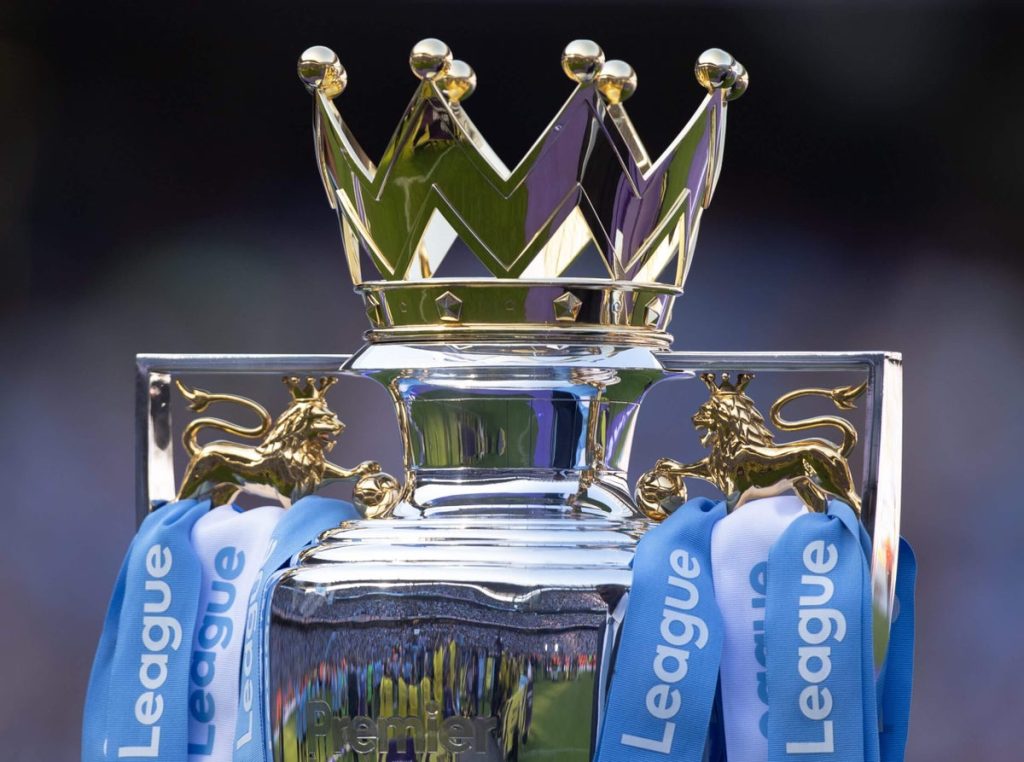In a recent ruling relating to the Premier League’s Associated Party Transaction (APT) rules, which were implemented in December 2021 and February 2022, Manchester City emerged victorious. The verdict stated that these rules, designed to control clubs using sponsorship deals linked to owners to inflate revenues, are unlawful and in violation of UK competition law. They were found to excessively omit shareholder loans – instances where a club borrows funds from its owners, generally with no interest. The case is separate from another accusing City of over 100 breaches of the Premier League’s profitability and sustainability rules, which the club denies.
City made a statement on Monday, outlining that the tribunal had determined the Premier League to be abusing its position. The panel also ruled that two decisions concerning City’s sponsorship deals with First Abu Dhabi Bank and the Etihad Air Group were deemed invalid. The Premier League also insisted that they “welcome” the ruling, explaining that while certain elements of the APT were found non-compliant with competition law, they viewed the judgement as endorsing the system’s overall framework and objectives.
Interestingly, a significant portion of Monday’s ruling revolved around shareholder loans. The tribunal concluded that the APT rules must also consider shareholder loans in addition to sponsorship deals. In the past, the APT rules had omitted interest-free shareholder loans, which City argued was unjust. The club claimed this skewed the profitability and sustainability calculations since an interest-free loan couldn’t be a fair market value. The tribunal endorsed City’s perspective. This could induce many clubs to rebalance their books if these loans are included in PSR calculations.
In mid-2021, City claimed in a 165-page legal submission that the league’s APT rules led to them experiencing “discrimination” and amounted to a “tyranny of the majority”. The league’s regulations require 14 clubs to consent to new rules being implemented. Concerns had been raised about owners using various companies under their control to make sponsorship deals that would distort their revenue and bypass PSR rules. However, the APT rules led to Newcastle having their sponsorship agreements with PIF-linked e-commerce company Noon and events company Sela scrutinised via market value tests.
Such APT regulations also have implications for Leicester City. The club’s chief executive and chairman, Aiyawatt Srivaddhanaprabha, even operates King Power, which is the principal sponsor for their jersey, training kit, and stadium. However, City, as well as Newcastle, maintain closer ties to state investment, giving them access to a vast network of associated companies. This is why other Premier League clubs felt threatened and sought to close the loophole. City’s legal case does not challenge UEFA’s fair-market value test laws, however, so they must still follow those rules in European competition.
While the Premier League asserted that it will continue using the APT system, it also acknowledged that the elements found non-compliant with competition law could be ‘fixed’ promptly. The tribunal’s findings, delivered by a three-person panel after City challenged the APT rules, caused a meeting of Premier League shareholders to remove a proposed amendment to the APT rules from their agenda. The tribunal viewed the APT rules as “necessary” to ensure the league’s Profitability and Sustainability Rules were effective, thereby promoting sporting integrity and sustainability in the Premier League.


